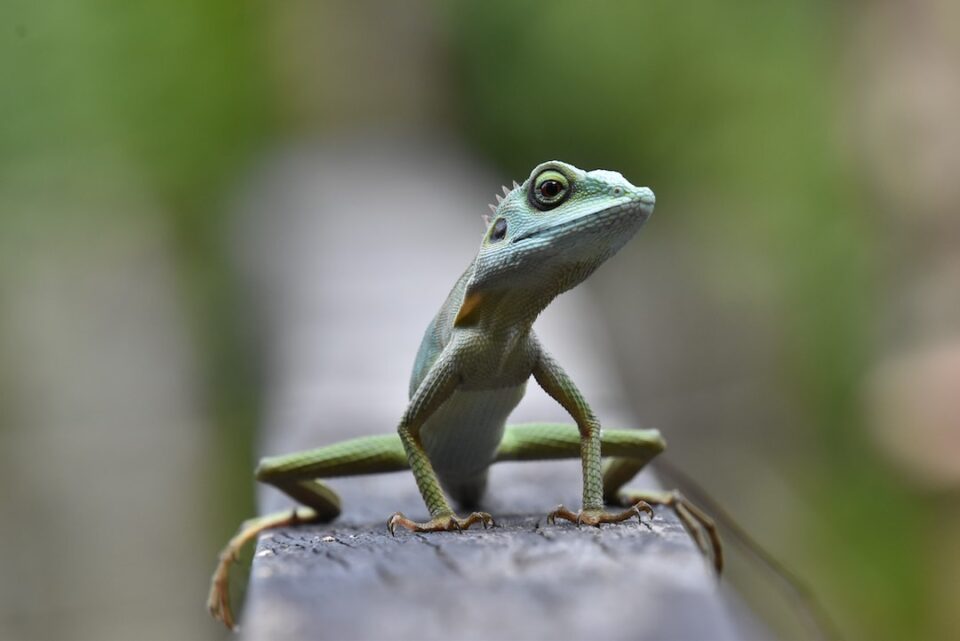The Amazing Relationship Between Animals and Dreams
Dreams have long intrigued humans. They have been a subject of fascination, interpretation, and even speculation. But did you know that animals also have dreams? Yes, you read that right! Our beloved furry friends not only chase squirrels and bark at the moon but also experience a rich dream world.
Research conducted over the past few decades has revealed that animals possess the ability to dream, just like humans. Most mammals, especially dogs, cats, and even rats, exhibit various signs of dreaming while asleep. So, what exactly happens in the animal dream realm, and what can we learn from it?
Like humans, animals go through different sleep stages, including the rapid eye movement (REM) stage, which is often associated with dreaming. During REM sleep, animals, particularly mammals, display similar brain wave patterns as humans. This suggests that they are undergoing a similar dreaming experience, complete with vivid imagery and intense emotions. Interestingly, smaller animals and birds have shorter REM cycles, while larger animals, such as elephants and giraffes, have longer ones. This variation suggests that the duration and depth of dreams may differ from species to species, much like their waking behaviors.
One way researchers have confirmed the existence of animal dreams is through observing their movements during REM sleep. Dogs, for example, are known to twitch their paws, wag their tails, and even make barking sounds while dreaming. Cats may flick their tails or knead their paws, mimicking their hunting instinct. Interestingly, some animals demonstrate specific sleep behavior that is pertinent to their waking life. For example, dolphins and seals exhibit “synchronous flipper movement” during REM sleep, mirroring the way they navigate through water when awake. This suggests that animals’ dreams could be a reflection of their experiences, instincts, and behaviors in the waking world.
Furthermore, there is evidence to suggest that animals can have both pleasant and unpleasant dreams, much like humans. Studies on dogs have shown that their dream content can vary widely. Some dreams seem to be related to positive experiences, as dogs may wag their tails and emit happy barks. Conversely, dogs may also exhibit signs of distress during their dreams, like whimpering or even growling. Such variations in dream emotions indicate that animals, like humans, may process their emotions and memories during sleep.
Animal dreams go beyond just being fascinating scientific discoveries; they also hold valuable insights into the emotions, cognition, and overall well-being of the animals themselves. For instance, observing the dreams of animals in captivity can provide important information about their mental state and whether they are experiencing any distress or suffering. This knowledge can help in improving animal welfare and influencing better management practices in zoos and conservation centers.
Interestingly, animal dreams can also serve as a connecting bridge between humans and animals. Research shows that humans’ dreams often feature animals as prominent symbols or interact with them directly. This suggests that animals hold deep symbolic significance in our dreamscape, reflecting our own emotions, instincts, and relationships with them. Indeed, dreams about animals can evoke feelings of companionship, protection, or even fear in us, highlighting the profound bond we share with the animal kingdom.
In conclusion, the amazing relationship between animals and dreams opens up a fascinating avenue for understanding the inner world of these creatures. Much like humans, animals dream, and these dreams offer valuable insights into their emotions, behaviors, and experiences. As we continue to explore this realm, it is important to recognize the significance of animal dreams for both scientific research and promoting the welfare of our beloved animal companions. So, let us embrace the enigmatic world of animal dreams and cherish the deep connection it forges between us and the remarkable creatures we share our planet with.


